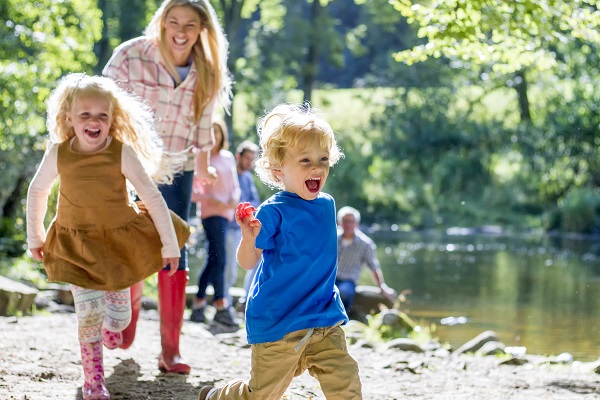Irish child psychologist Anne O’Connor looks at the importance of your role in your child’s education. Anne has worked as a clinical psychologist both in UK and Ireland. Her specialist area of interest and skills is in Early Childhood Developmental Disability. Anne’s research interests include the evolution of family centred services, diagnostic practices in Early Intervention and inclusion and participation of children and their families. Anne is Clinical Coordinator of the psychology department at the University of Limerick.
Defining success
Parents need to be careful not to fall into the trap of becoming too focused on academic success. Children may feel they are loved only because of their achievements. The ability to form and keep friends is a skill learned young. We know that children who are happiest at school are not necessarily those who shine academically but those who get on well with others and are working to their potential – even if this is straight Cs or Ds.
Education
Importance of friendship as parents of school-age children, we need to be aware of how our children are doing in terms of friendships. Certain characteristics make it easier for some children to form friendships. At all stages of development, popular children are described by their peers as being helpful, considerate, friendly and capable of following rules in games and imaginative play. It’s noteworthy that the child’s academic achievement was not rated as a major factor by other children in any of the research.
Teacher-parent relationships are another important area for parents to work on. If you are worried about any aspect of your child’s school life, speak to your child’s class teacher, year tutor or school principal. If there have been major changes or stressful events in your child’s life, it is important for teachers to be aware of it.
The key to having a good relationship with your child’s school is communication. Keeping the school informed about your child’s life is extremely important.
Dealing with bullying
It is important to be aware of the signs that your child is being bullied – or that your child could be engaging in bullying behaviour. If you have any suspicions, let the school know. However, be sensitive about how you inform the school, as children often don’t want teachers to know, or fear that the situation will worsen if it is highlighted. Some parents deal with the situation by moving their child to another school. This may work if the original school was unable to deal adequately with the bullying problem, but it should be the last option considered. It is vital to examine why a child has become a victim or a bully, and to address these issues.









